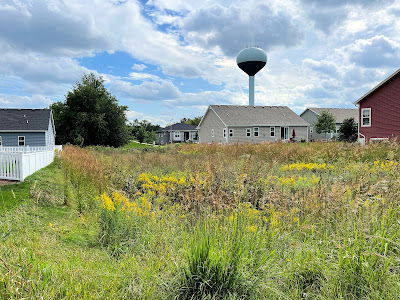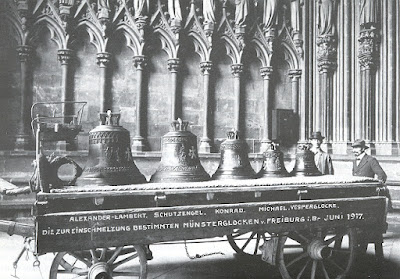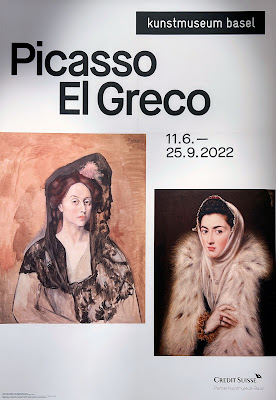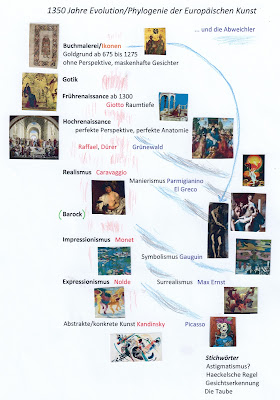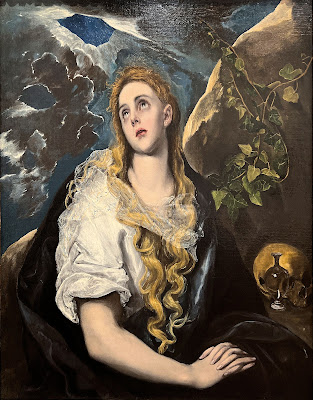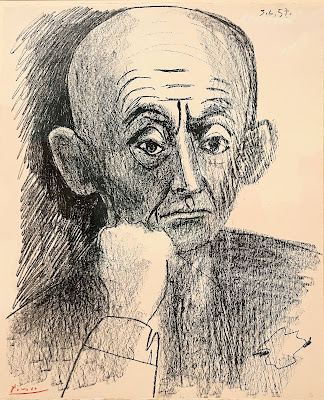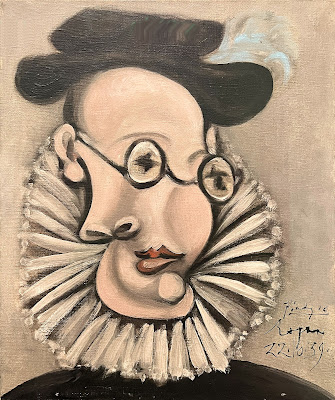Hossenfelder, a former high-energy physicist, has switched to astrophysics and works at the Frankfurt Institute for Advanced Studies. With changing her field, she is no longer fouling her own nest. With her sharp attack, does she want research funds to be diverted from high-energy physics to astrophysics?
Red Baron has written in the past about the frustration of experimental high-energy physicists working at CERN at the Large Hadron Collider. Whenever the LHC's colliding energy increases, they boil down their results and come to the same conclusions, as illustrated in the following table.

|
| Comprising three forces: strong, electromagnetic, and weak (©Ethan Siegel) |
And so Sabine continues her article, "All experiments looking for new particles have come back empty-handed, in particular those that have looked for particles that make up dark matter, a type of matter that supposedly fills the universe and makes itself noticeable by its gravitational pull. However, we do not know that dark matter is indeed made of particles; even if it is, to explain astrophysical observations, one does not need to know details of the particles' behavior (sic!). "
While experimental physicists keep scratching their heads, their theoretical colleagues refine string theories and come up with or invent (?) new particles that should exist and, therefore, be found.
In a previous blog, Red Baron elaborated on the opposite situation, i.e., those stellar moments in physics when experiments showed unexpected results and theoretical physicists scratched their heads for an explanation.
Did Sabine consider that an experimental high-energy physicist (salary and accelerator time) is at least an order of magnitude more expensive than a theoretical physicist (salary and computing time)? Why not let them calculate and invent new particles and cancel high-energy experiments instead? The CERN accelerator complex uses a large amount of expensive electrical energy.
.
The second paper on The fundamental problem with gravity and quantum physics by Ethan Siegel starts, "We have two theories that work incredibly well: in all the years we've been testing them, we've never found a single observation or made a single experimental measurement that's conflicted with either Einstein's General Relativity or with the Standard Model's predictions from quantum field theory."
Where is the catch? The two theories don't work together, which is not essential in our daily experience. Ethan elaborates, "All of the Standard Model calculations we perform are based on particles that exist in the Universe, which means they live in spacetime. The calculations we typically perform are done so under the assumption that spacetime is flat: an assumption that we know is technically wrong, but one that's so useful (because calculations in curved spacetime are so much more difficult than they are in flat space) and such a good approximation to the conditions we find on Earth that we plow ahead and make this approximation anyway."
The effects of gravitation—sometimes called the fourth force—are so small that the interaction of gravitons with other particles cannot be detected under "normal" conditions in the lab.
The second paper on The fundamental problem with gravity and quantum physics by Ethan Siegel starts, "We have two theories that work incredibly well: in all the years we've been testing them, we've never found a single observation or made a single experimental measurement that's conflicted with either Einstein's General Relativity or with the Standard Model's predictions from quantum field theory."
Where is the catch? The two theories don't work together, which is not essential in our daily experience. Ethan elaborates, "All of the Standard Model calculations we perform are based on particles that exist in the Universe, which means they live in spacetime. The calculations we typically perform are done so under the assumption that spacetime is flat: an assumption that we know is technically wrong, but one that's so useful (because calculations in curved spacetime are so much more difficult than they are in flat space) and such a good approximation to the conditions we find on Earth that we plow ahead and make this approximation anyway."
The effects of gravitation—sometimes called the fourth force—are so small that the interaction of gravitons with other particles cannot be detected under "normal" conditions in the lab.

|
| The gravitational field near a black hole (©Ethan Siegel) |
One good example is the deviation of light in a gravitational field, which was the basis of the famous experiment in 1919 that proved Einstein's General Relativity Theory.
Still, the two theories should come together in GUT, the Grand Unified Theory.
Start working on unification and stop division, Sabine!
Here is what other people thought about Sabine's article: Particle physics – a brief history of time-wasting?
*









